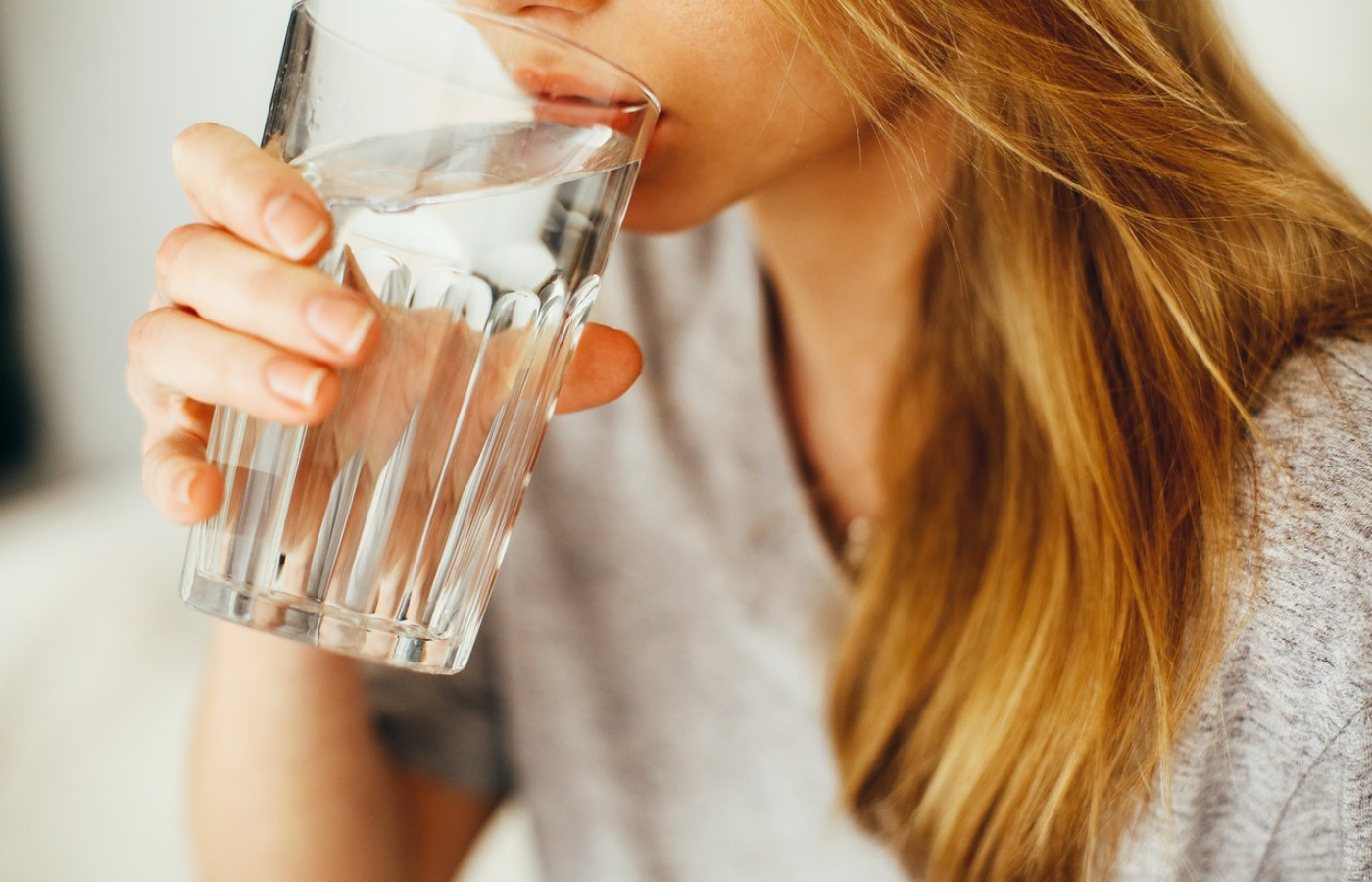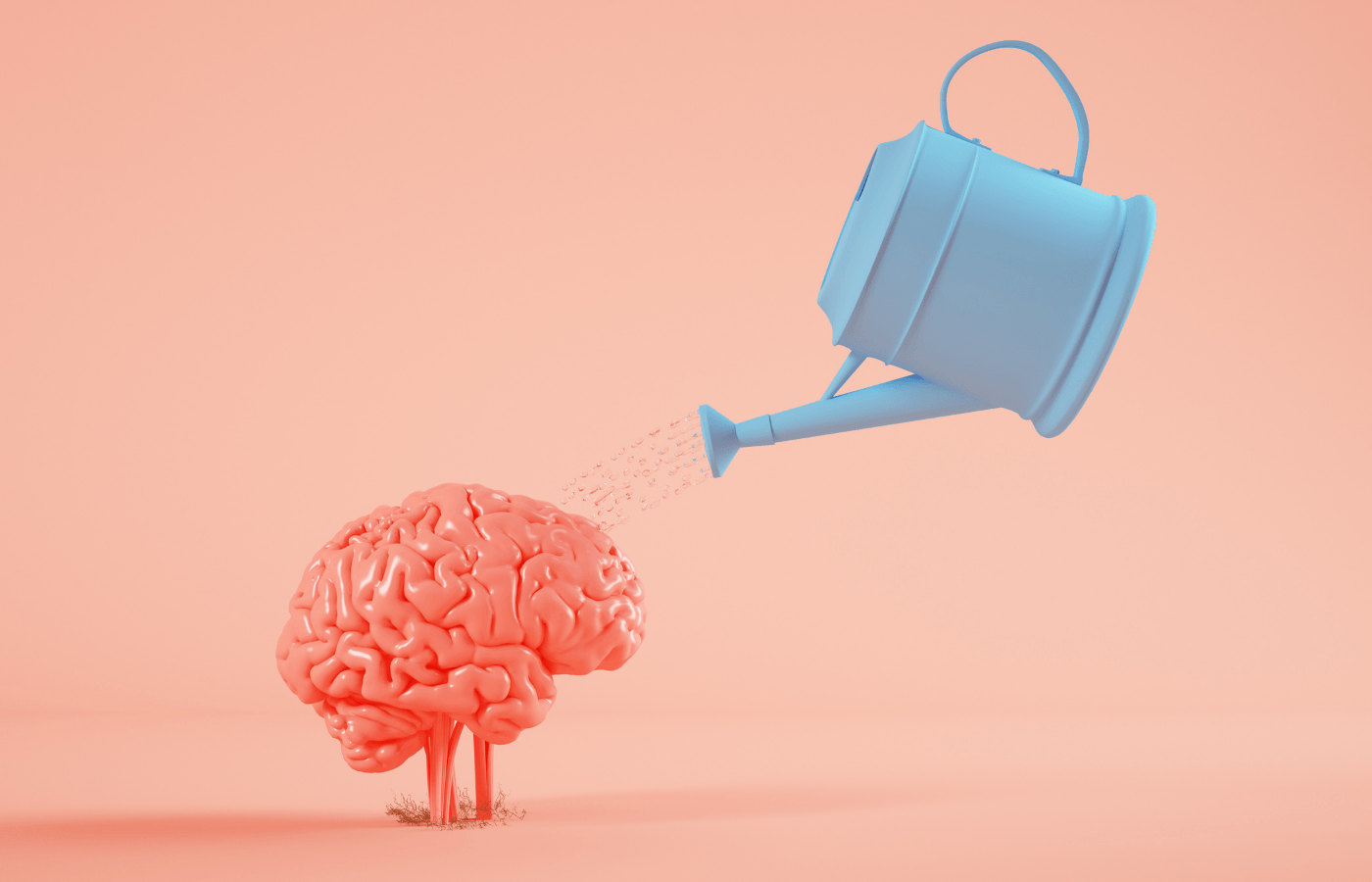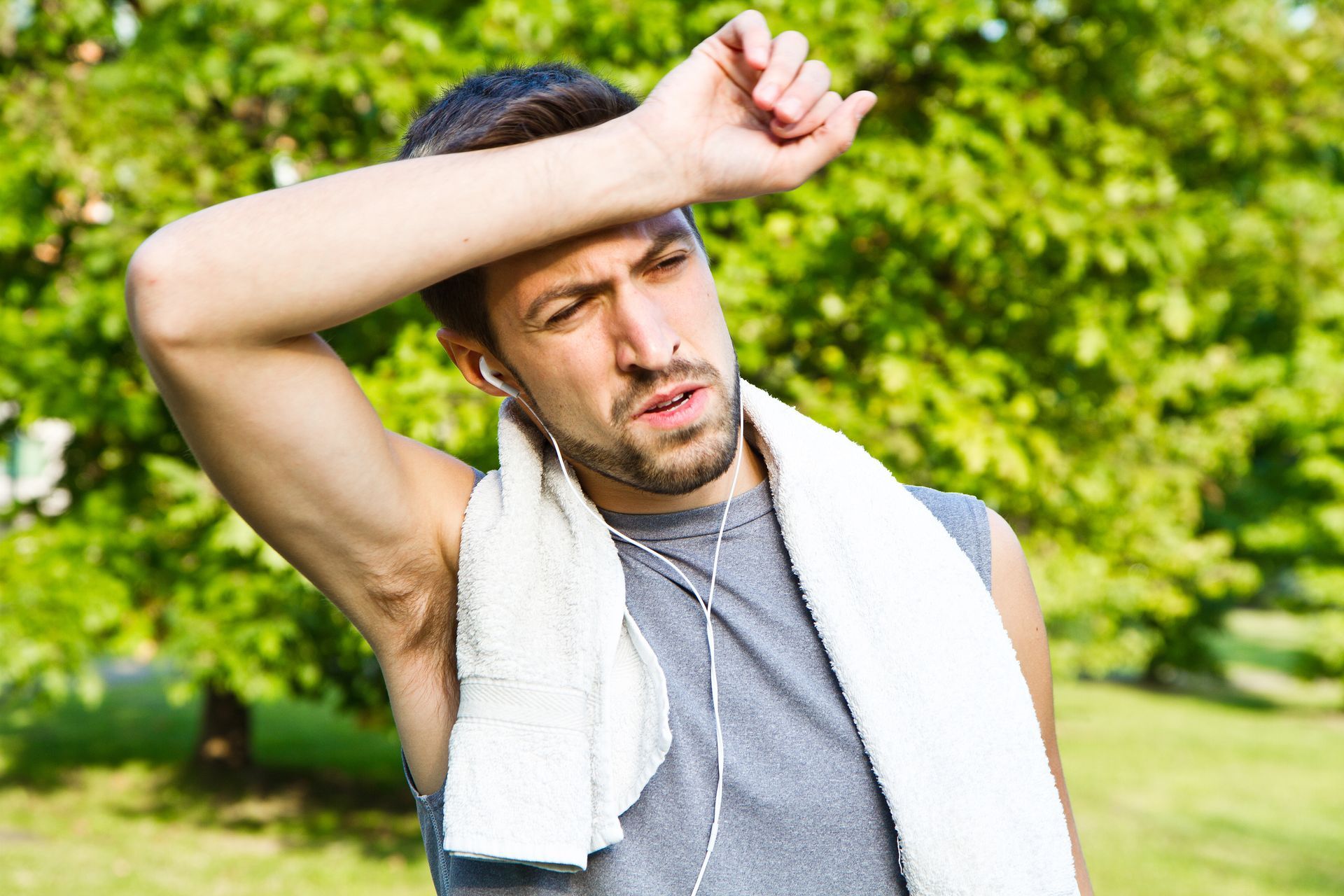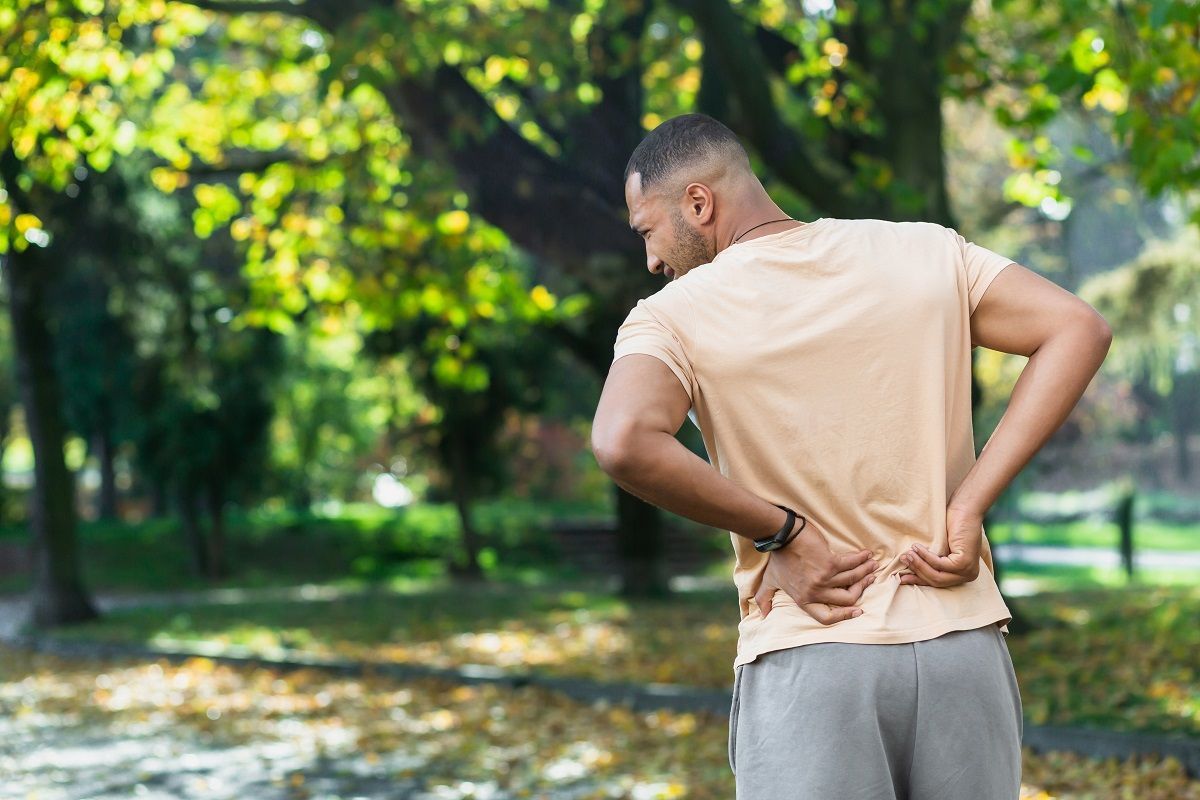
We Proudly Accept Medi-Cal and Medicare
Write your caption hereButton
Now Accepting Walk-ins!
Write your caption here

We Proudly Accept Medi-Cal and Medicare
Write your caption hereButton
Now Accepting Walk-ins!
Write your caption here

Article by: Stephanie Snyder, Healthcare and Lifestyle Writer
Water is one of the major tools our body uses to keep our blood pumping, our heart beating, and our joints moving. Not drinking enough water leads to dehydration, which can impact us from skin to stomach and from brain to feet. The key to avoiding dehydration is to take in plenty of drinking water and to eat foods high in water.
What Dehydration Does to Skin
When the winter air is dry, not drinking enough water can lead to dry, dull skin. You may get nosebleeds, struggle with constant itching, and suffer from red, sore eyes. Over time, skin on your hands and feet may crack, opening you up to the risk of bacterial infections. Lotions and creams can help, but staying hydrated in winter is critical to healthy skin.
The impact of dehydration on the skin is more commonly felt in winter, though if you plan to take on a hard workout in the heat, dehydration means you can't cool down. We cool down in the heat by sweating. Evaporation carries away perspiration and cools the skin. Too much heat plus not enough water means you stop sweating and put yourself at risk of heatstroke.
Dehydration and Your Cleansing Organs
Water is key to supporting your:
● kidneys
● liver
● gut
Your kidneys and liver cleanse toxins from your blood. Without enough water, they have to work much harder. You may end up with more sediment in your cleansing organs and develop kidney stones, an extremely painful condition.
Being dehydrated can also make your stomach and gut work harder. Dehydration can cause constipation and water weight gain. Because water-intensive foods are often also loaded with fiber and roughage, your gut will be much healthier and happier if you give it plenty of water and water-based foods.
Dehydration and Your Brain
Dehydration caused by an illness, such as the flu or a bladder infection, can also be tough on your brain. The combination of dehydration and confusion is especially challenging for older adults. Not feeling well can lead to confusion, which can lead to water avoidance, poor diet, and dangerous behavioral choices.
In the case of both older adults and children, severe dehydration can become life-threatening very quickly. Should your child develop diarrhea, focus on hydration. If an elderly loved one is exhibiting signs of dizziness or disorientation, get them to drink water on the hour as you monitor their symptoms.
Dehydration and Your Heart
Severe dehydration, such as can be suffered after an illness or too much time in the heat, can put a great deal of stress on the heart. If you plan to work out in the heat, invest in a double-wall insulated water bottle and focus on hydration in the 24 hours leading up to your exercise session.
Because dehydration lowers your blood volume, your heart has to respond by pumping harder, which increases your blood pressure. High blood pressure puts a great deal of stress on all of your organs. Getting in the habit of staying in front of dehydration is one of the best health decisions you can make. Catching up once you are dehydrated can be very tough on your body.
Danger Signs of Dehydration
If you are suffering mild to moderate dehydration, you may have a dry mouth or a headache. Over time, your urine will get darker. You may also start to develop muscle cramps.
Severe dehydration can cause nausea, sleepiness, and dizziness. If you are so dehydrated that you don't remember the last time you urinated and you are nauseous, your body is letting you know that you're in serious trouble.
Recovery
If you are hot, you need to get into a cooler environment immediately. Nausea may make drinking harder. Because severe dehydration can cause fainting, call a friend or loved one to come and sit with you while you rehydrate. If you are alone, set a timer on your phone to wake up and drink every hour to rehydrate. Finally, you may need IV rehydration to come back from severe dehydration.
Carrying a water bottle at all times makes it easier to stay in front of dehydration. Avoid caffeinated beverages in the middle of the day. Caffeine can act as a diuretic and you will gain less benefit from caffeinated liquids.
AllMed Medical CentersServing
Greater Sacramento
Allmed Medical Center | All Rights Reserved.












